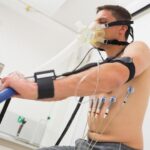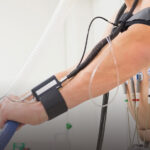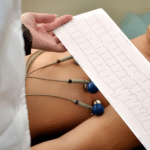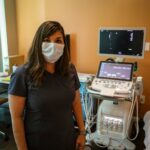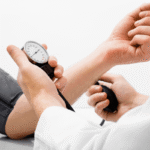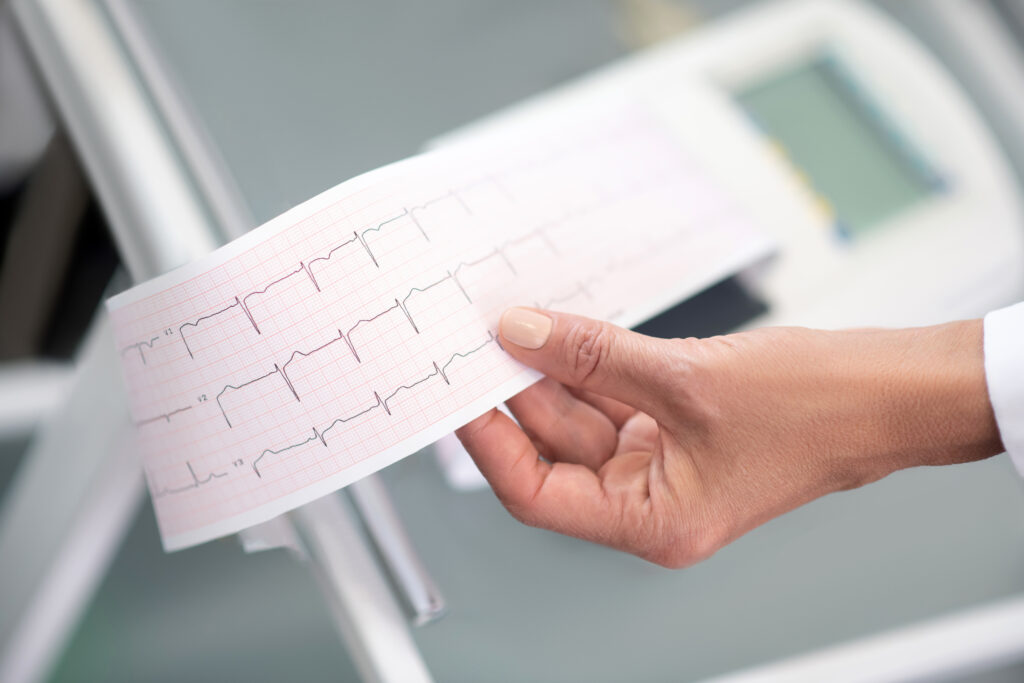When we think of heart rhythm problems, we often associate them with older adults. But arrhythmias, irregular heartbeats, can affect individuals in their 30s and 40s, too. Many people in this age group are surprised to learn that the palpitations, dizziness, or fatigue they’ve been dismissing could be early signs of a heart rhythm disorder.
What Is Arrhythmia?
Arrhythmia refers to any abnormal rhythm of the heart. This includes heartbeats that are too fast (tachycardia), too slow (bradycardia), or erratic. While some arrhythmias are harmless and may not cause symptoms, others can interfere with the heart’s ability to pump blood effectively, which can be serious if left unaddressed.
I Thought I Was Too Young
It’s a common belief that heart issues only develop later in life, but that isn’t always the case. At Heart Matters Medical Centre, we’ve seen cases where individuals in their 30s and 40s, otherwise active and in good health, presented with symptoms like fluttering in the chest, unexplained fatigue, or light-headedness. Some had underlying conditions like high blood pressure or thyroid dysfunction, while others had no known risk factors.
In several instances, these individuals delayed seeing a doctor, thinking their symptoms were due to stress or lack of sleep. Fortunately, timely diagnosis through tests such as an electrocardiogram (ECG) or ambulatory ECG monitoring led to appropriate management, preventing further complications.
Why Arrhythmias Can Happen Earlier Than You Think
There are several reasons someone in their 30s or 40s might experience arrhythmia:
- A family history of arrhythmias or sudden cardiac events may increase your risk.
- Excessive alcohol intake, smoking, and high caffeine consumption can trigger rhythm disturbances.
- These can place strain on the heart and disrupt its normal rhythm.
- High blood pressure, diabetes, thyroid disorders, and structural heart problems may all contribute.
Even athletes and fitness enthusiasts are not exempt. For example, individuals with high training loads or undiagnosed congenital heart issues may develop arrhythmias despite their active lifestyles.
Common Symptoms to Watch For
Not everyone experiences symptoms, but some possible signs include:
- Sensation of skipped or fluttering heartbeats
- Fast or slow pulse
- Chest discomfort
- Dizziness or light-headedness
- Shortness of breath
- Unexplained fatigue or fainting
If these symptoms are frequent, worsening, or interfering with daily life, it’s important to speak with a doctor.
Getting Evaluated
Evaluation typically starts with a physical examination and a resting ECG to record the heart’s electrical activity. In cases where the arrhythmia is not constantly present, longer-term monitoring using a Holter device (ambulatory ECG) over 24 to 48 hours, or even longer, can be helpful.
Other diagnostic tools that may be recommended include echocardiography (to look at heart structure and function) or blood tests to rule out conditions like thyroid imbalance or electrolyte disturbances.
Treatment and Monitoring
Treatment depends on the type of arrhythmia, its cause, and the presence of other health conditions. In some cases, lifestyle changes, such as cutting back on caffeine or managing stress, may be enough. Others may require medication, or further interventions if the arrhythmia poses a risk of complications. Early identification often leads to better outcomes. That’s why recognising the symptoms and seeking timely evaluation, even at a younger age, can make a difference.
When to See a Doctor
If you’ve noticed irregular heartbeats, feel faint or breathless without explanation, or have a family history of heart disease, don’t ignore the signs. Arrhythmias in your 30s or 40s may be less common than in older adults, but they are not unheard of.
At Heart Matters Cardiac Centre, we offer diagnostic tools, including ECG, ambulatory monitoring, and echocardiography, to support early detection and appropriate care. Speak with our team to find out more about arrhythmia screening and management.




